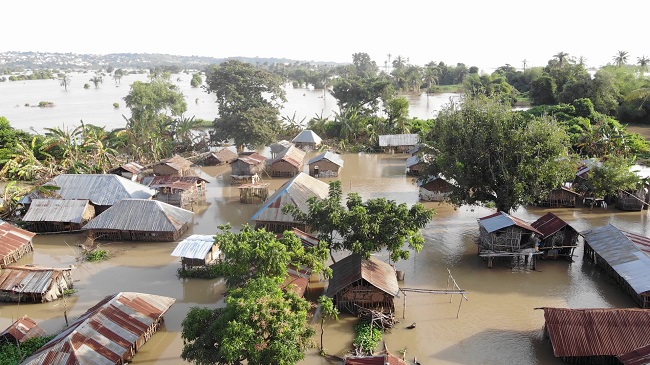Between June 2023 and June 2024, Nigeria’s 36 states received a total of N39.62 billion from the Ecological Fund, according to data from the Federation Account Allocation Committee published by the National Bureau of Statistics. The Ecological Fund is a critical component of Nigeria’s federal revenue allocation, aimed at addressing environmental challenges such as erosion, desertification, flooding, oil spills, and drought.
Kano State received the highest allocation of N2.1 billion, followed by Borno State with N1.68 billion. Other top recipients include Lagos, Kaduna, and Sokoto. Conversely, Kwara, Bayelsa, and Ondo received the lowest allocations.
The Ecological Fund plays a vital role in financing environmental protection projects and mitigating the impact of climate change. However, experts have raised concerns about the lack of transparency in the management of the fund and its effectiveness in addressing environmental disasters.
Victor Agi, an accountability advocate, suggested that the Federal Government should take direct control of the ecological fund to ensure accountability and effective utilization. Environmental economist Tobi Awolope emphasized the importance of impact assessments and setting clear objectives to ensure that interventions reach the targeted population.
The article highlights the need for effective management and utilization of the Ecological Fund to address Nigeria’s environmental challenges.

